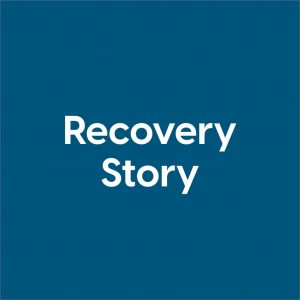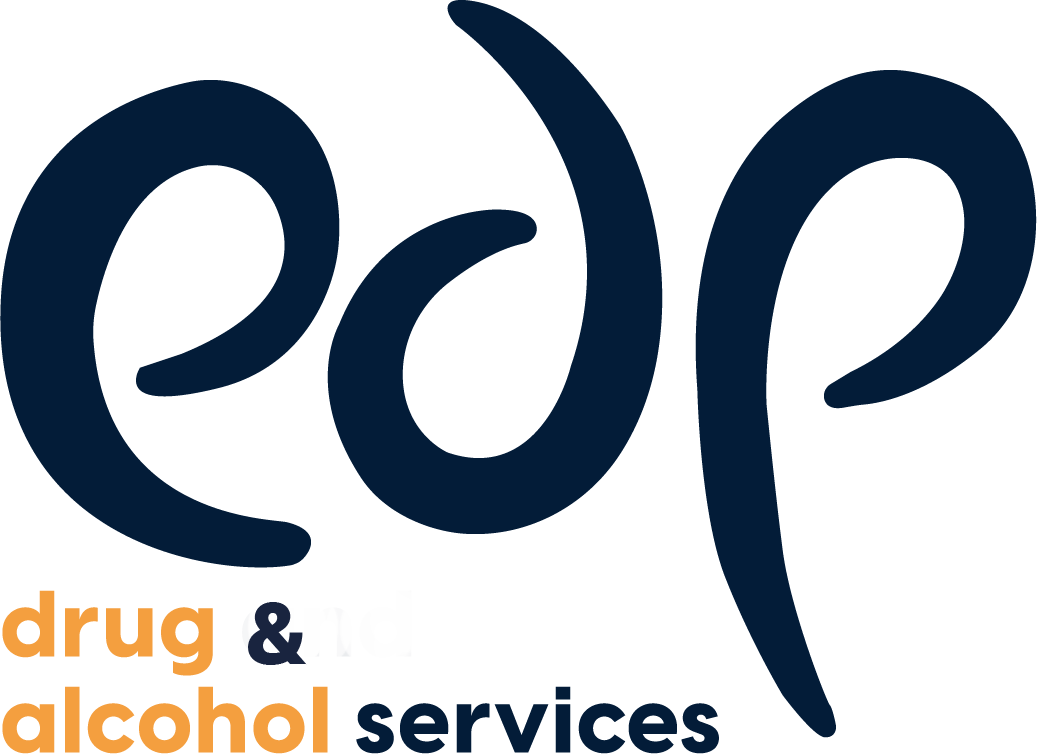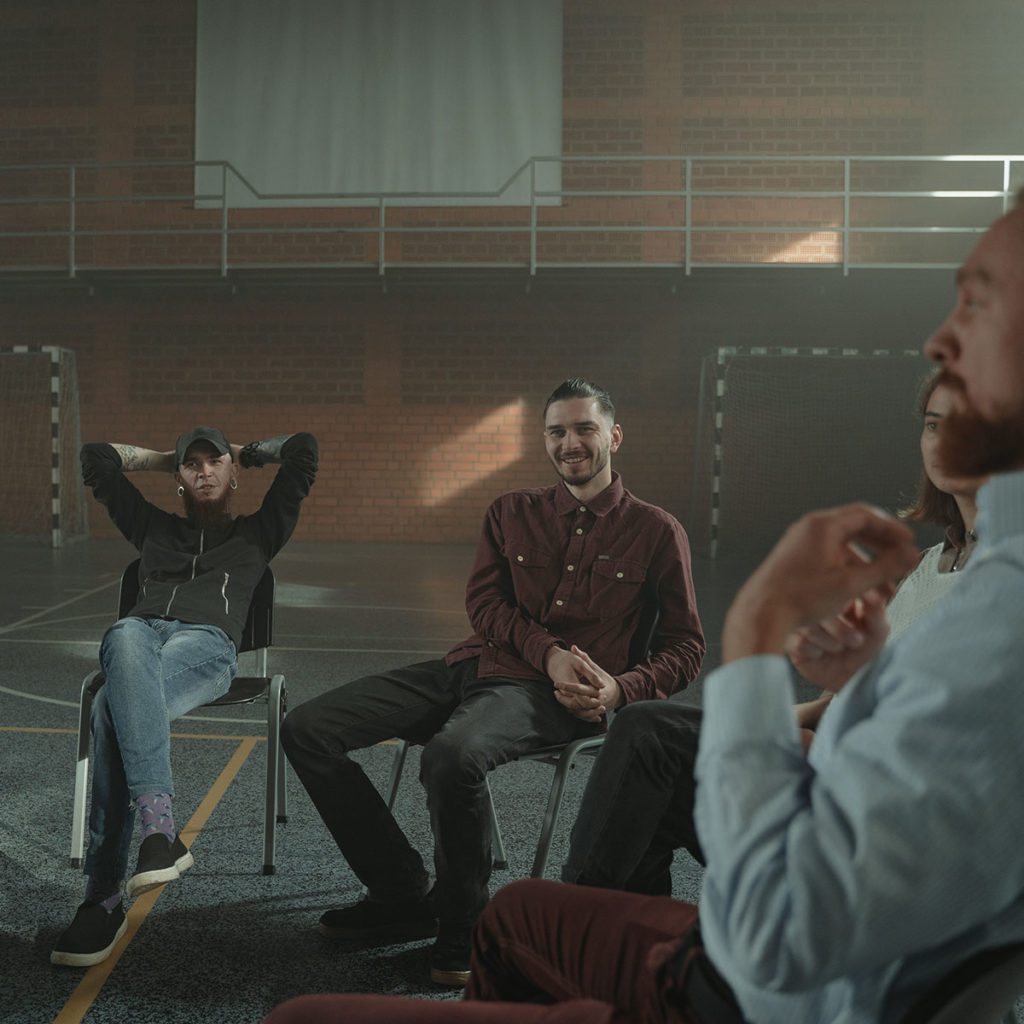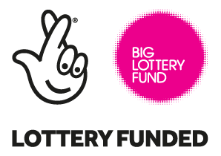This resource is written by Dorset volunteer Laurie, who runs a relapse prevention group and passes on his knowledge and wisdom about what lapses are and what to do if you have them.
Lapses
For the purpose of this topic a lapse is a very short relapse, a few hours at the most. They can start with emotional changes some time before actually using. After that there’s a mental stage, a sort of internal debate about whether to use. The benefits gradually become more important than the costs, we’re thinking of excuses, how to justify using and how to get away with it. The physical act of using is almost inevitable and, once we’ve started, our habitual behaviour is automatic. It leads, quite often, to a full-blown relapse. The most important things to remember are:-
- They happen
- It’s not the end of the world when they happen.
- Handled properly, they can make us stronger.
What do we feel like after a lapse?
Shame. It’s a step backwards. You’ve let yourself down. You’ve let the group down and you know that everyone in the group feels a little worse because you’ve lapsed and disappointed that you’ve made another bad choice.
Depressed. You thought you were doing well. Other people thought you were doing well. You’re not doing well and you’re doubting that you can stop lapsing.
Have you made any important decisions after a lapse?
People lapse because they’ve made a bad choice. Bad choices make it easier to make more bad choices but it’s not inevitable. There are 2 ways to go from this point and one of them is WRONG.
The ‘sod it’ response.
People in recovery have lapses so I can’t be blamed. It’s NOT OK to use that as an excuse.
I can’t stop it happening again because I’m too weak so what’s the point of trying? That’s a real recovery-killer. Giving up is what your enemy wants. I’ve let myself down and disappointed people so it doesn’t matter what I do now. You know that’s nonsense so why do you want to believe it?
Where could these ideas have come from?
Is any of this familiar?
The ‘learn from it’ response
If you still want recovery enough, a lapse is just a small obstacle in the way, a nuisance. It won’t stop your recovery but it will take a bit of effort to overcome it and use it to do some good. The first thing to do is stop beating yourself up about it.
- Look at how far you’ve come. You took a lot of steps forward before this step backwards. If you continue to take more steps forwards than backwards, you can be certain of reaching your recovery goals.
- Nobody’s judging you. Remember how you felt about others in the group who lapsed. You felt for them and wanted to help. The rest of the group are feeling for you and wanting to help.
- Others survive lapses and recover. They are living proof that these setbacks are nothing to be ashamed of or worry about.
- Treat yourself as you would a friend. When we disappoint ourselves, we’re too hard on ourselves.
- In recovery, it’s normal to be impatient. We can set unachievable goals for ourselves so we must recognise and accept that.
- Ask for help. You have a support network. Those people understand, can help and want to help. As always, groups are the best support because you have seen that they’ve been there.
It’s good to remember these things when your motivation is flagging.
How can we use this to help our recovery?
Lapses can strengthen our recovery if we are determined not to let the same thing happen again. We need to understand what caused the lapse, what was happening in our lives for days before it. The best way to do that is to talk out loud about it, trying to explain to others why it could have happened. That helps us to see it almost objectively.
- It could have been just a high-risk situation we could have and should have avoided. That’s very easy to learn from and avoid in the future.
- We may have tried to take an unachievable step in our recovery because we were impatient. You could even call that wanting recovery too much!
- High-risk situations which came upon us unexpectedly are far harder to learn from. We have to learn to manage them even if we haven’t lapsed. It’s possible, and usually necessary, to de-sensitise ourselves. We might go somewhere there are dealers and get used to saying no. We might go into a pub with a friend to keep us safe and get used to drinking soft drinks where everyone else is drinking alcohol. These things make us stronger.
- Irrational beliefs are powerful enablers of substance abuse so it’s useful to recognise any which might have led to the lapse. Writing them down is good but telling a group about them is even better. Since we know they’re irrational, we feel rather embarrassed telling the group about them and that helps us to reject them.
- Everybody hates me
- Nobody cares what happens to me
- One won’t hurt
- I’m in control of it now so it’s OK
- I needed it because I was depressed.
These are just some examples of wallowing in victimhood as an excuse to use.
Recognize that lapsing is a normal part of recovery. I don’t say that to justify lapsing or use as a cop out when things get difficult. …
- Use the lapse as a learning experience. …
- Be curious. …
- Treat yourself like you would a friend. …
- Reach out. …
- Get extra support. …
- Focus on progress, not perfection.
Lapse and relapse
Recovering from addiction takes time and lapses and relapses can sometimes happen.
Experiencing a lapse or a relapse is not a sign of ‘weakness’, ‘failure’ or inability to recover. Rather they are signs that old ways of coping need to be replaced with new ones.
The most important thing to remember is that both lapses and relapses can be overcome. Lapse and relapse chart change of time leads to recovery
The path to recovery is not a straight line. Change takes time and when moving towards recovery people may face obstacles that set them back temporarily (a lapse) or for longer periods of time (a relapse). If you do experience a lapse or a relapse it is important to remember that you can overcome these, and you can achieve your goals.
What is a lapse?
A lapse refers to a short return to alcohol or other drug use, or gambling. It is a one-time (or temporary) step back on a recovery journey.
For example: June has been abstinent from alcohol for three weeks. On the weekend she attended a family event where she had a stressful argument with a relative. She went home and consumed five drinks of wine but woke up the next morning and decided not to drink anymore. She has not had any alcohol in the days since.
June has experienced a momentary lapse but the important thing is that she remains focused on her recovery and is continuing to move forward.
What is a relapse?
A relapse refers to a return of alcohol or other drug use, or gambling, which someone has previously managed to control or quit completely. In a relapse the use of alcohol or other drugs or gambling goes back to previous levels of use, or close to this.
For example: June has been abstinent from alcohol for three weeks. On the weekend she attended a family event where she had a stressful argument with a relative. She went home and consumed five drinks of wine, and has continued to drink a bottle of wine every night for the past two weeks. This is the same amount of alcohol she was drinking daily before. She hasn’t been able to manage her use and is looking for help.
June has experienced a relapse as she is experiencing difficulties controlling her alcohol use and has returned to drinking excessive amounts. The important thing to do in this situation is to ask for help and support, as June has.
What happens if you experience a lapse or a relapse?
While it is common for people to experience a lapse or a relapse, not everyone will. It is also possible to lapse, without this turning into a relapse.
If you do experience a lapse or a relapse this is an opportunity to explore what happened and what could be done in future to prevent it from happening again. After a lapse or a relapse you may realise that there are triggers and warning behaviour that could be better managed with other coping skills or support, to help you stay on track and maintain positive changes.
Developing a healthy lifestyle, understanding and managing cravings, learning coping strategies like relaxation techniques, and asking for help when things are difficult can make a difference and help you to stay focused on your goals. There are lots of support options on Counselling Online and Gambling Help Online to help you with this.
Also remember that you can always access professional support if you need help on your road to recovery, so you don’t have to go it alone.
A relapse often proceeds in a series of 3 stages:
- The emotional relapse stage begins long before you pick up a drug or drink. During this stage, you may begin to fail to cope with your emotions in a healthy way. Instead, you may bottle up your feelings, isolate from others, deny your problems exist, and neglect your self-care. While you may not consciously think about using at this point, avoiding your emotions and difficult circumstances can lay the groundwork for a relapse down the road.
- During the mental relapse stage, you are aware of holding conflicting feelings about sobriety. While a part of you may want to remain sober, another part may be battling cravings and secretly thinking about ways to relapse. A mental relapse may also involve glorifying past drug use, minimizing the negative consequences of using, and seeking out opportunities to get high.
- The physical relapse stage involves the final action of actually using drugs or alcohol. What begins as an initial lapse of having one drink or drug can quickly proceed to a full-blown relapse, where you feel that you have little to no control over using.
Enjoyed this? Check out our latest!

Dan’s Story
“One thing I can say is that I have a greater understanding and awareness of alcohol, it can be good but boy it can be

Chris’s Story
“After years of using alcohol as a coping mechanism to deal with ever-worsening mental health issues…it was time to ask for some help” Read Chris’s







